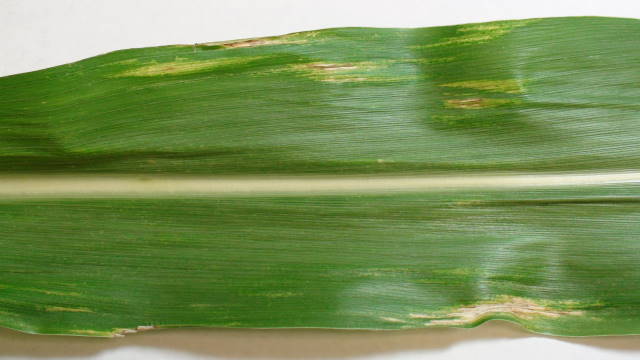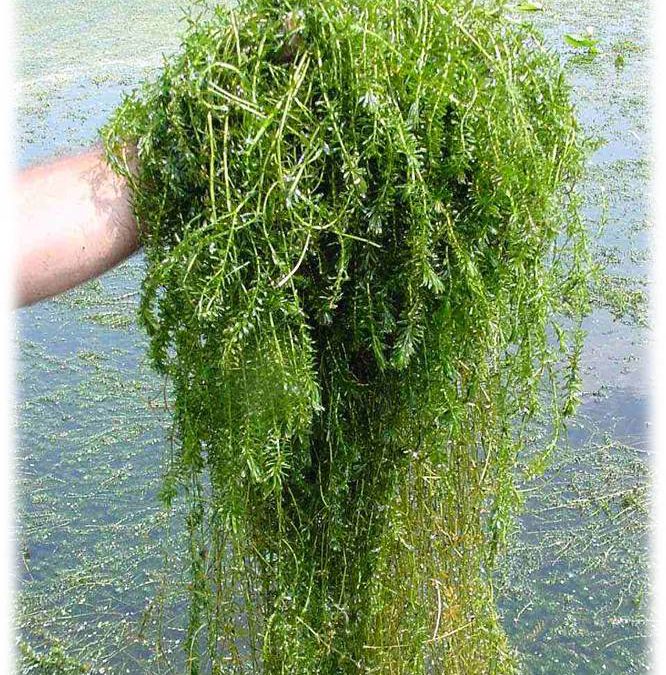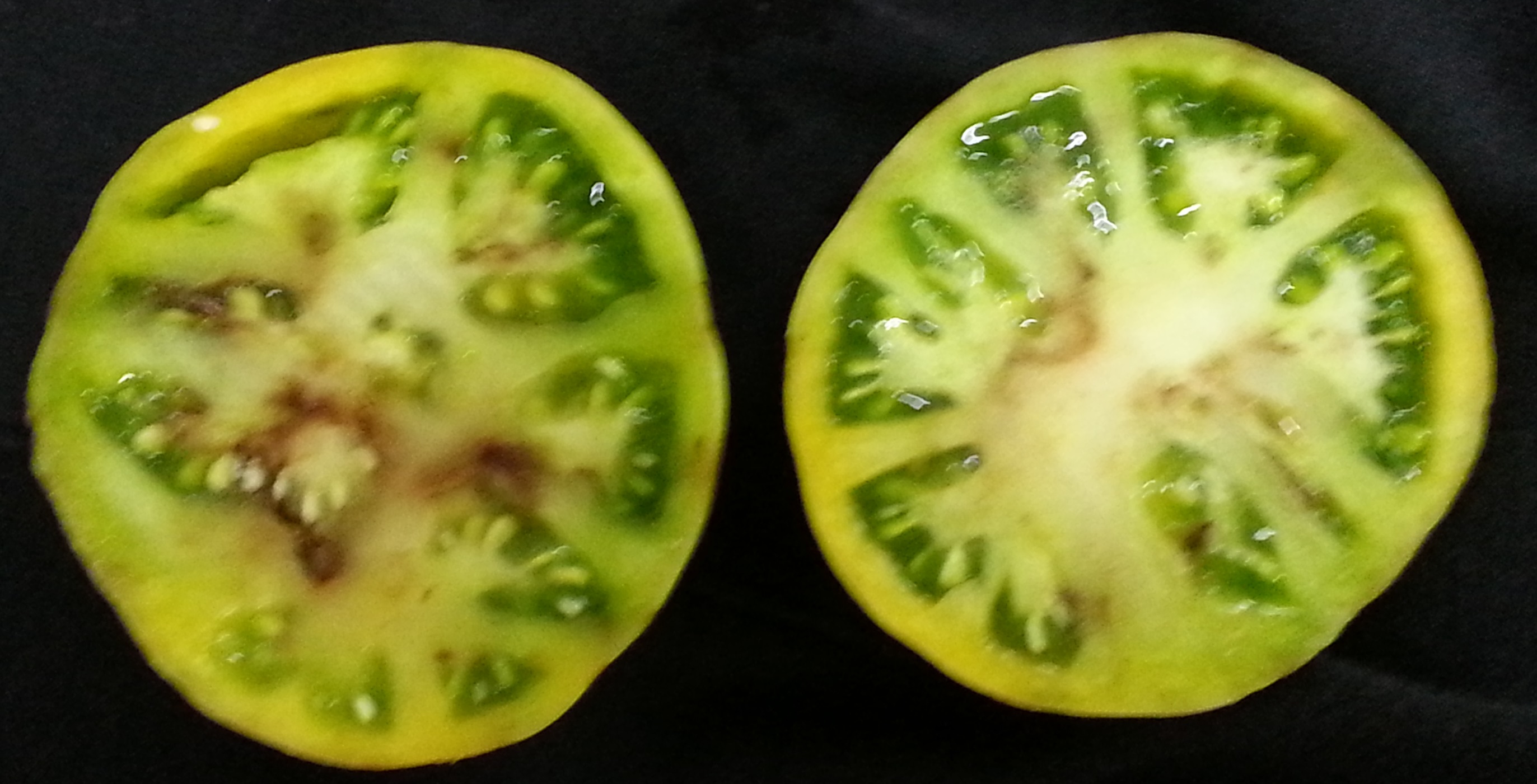by Mark Mauldin | Jul 12, 2013
In recent days, farms in several central and western panhandle counties have received exceptional amounts of rainfall. Some areas reported as much as 25 inches of rain in the last week. Excessive rain and the accompanying flooding will cause a variety of problems for...

by Doug Mayo | Jun 28, 2013
The University of Florida database of fact sheets called EDIS (Electronic Data Information Source) has many publications of interest to farmers and ranchers in Northwest Florida. http://edis.ifas.ufl.edu Each fact sheet has a PDF or printer friendly link in the top...

by John Doyle Atkins | Jun 28, 2013
Thrips are most noticeable, and of greatest concern on corn at two periods during the growing season: on young seedling plants, and at ear formation. On seedling plants their feeding makes the plants look stunted. At ear formation, thrip injury to developing kernels...

by Judy Biss | Jun 28, 2013
North Florida’s cool fall and winter seem a distant memory. Warm temperatures and longer days have kicked pond productivity into “high gear.” Biological activity in and around your pond is in full swing this time of year and there are some “warm weather” management...
by John Doyle Atkins | Jun 21, 2013
Peanuts in Santa Rosa County got off to a dry, slow start, with many fields requiring insecticide treatments for thrips. Now that the typical summer rains have set in, peanuts are growing well with a nice canopy, and have for the most part, overcome the early season...

by Libbie Johnson | Jun 19, 2013
Tomatoes, though a joy to eat, are not the easiest crop to grow. An Escambia County grower recently brought in a sample showing unusual patterns on the green fruit. When he cut the fruit open, he noticed discoloration on the inside. The issue was visually...




